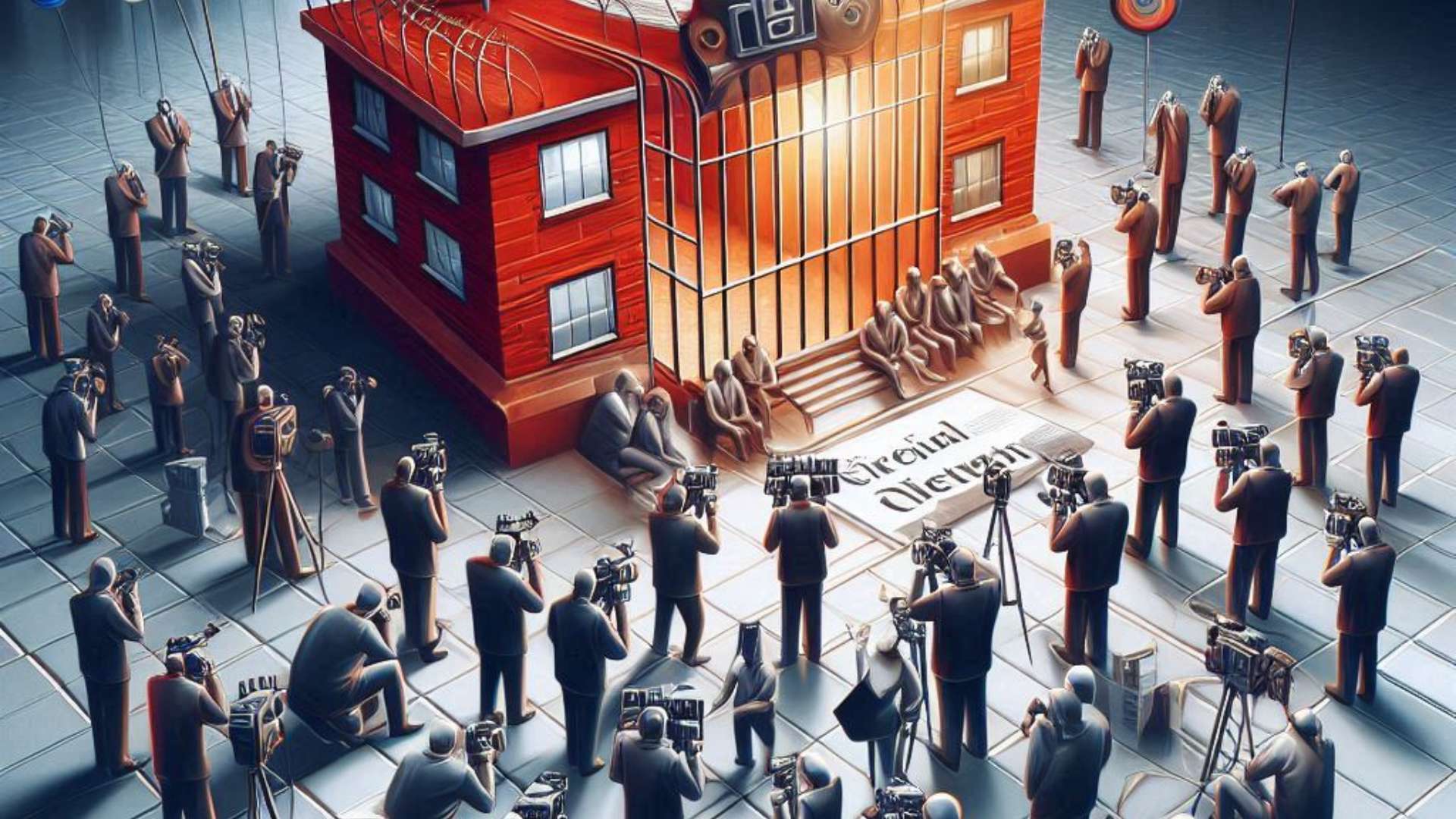
Shining a Light on Georgia’s Prison Reform
Last month, I had the honor of standing before a group of hopeful graduates at the Metro ReEntry Facility, where Allen Dills serves as Warden. When I received the invitation, I didn’t hesitate for a moment. I knew the vital work being done to help men and women transition from prison back into society. I understood the importance of seeing the full picture of life behind bars, beyond assumptions. Most importantly, I wanted to inspire these graduates to see this moment as the start of a new journey.
As I spoke, I shared a memory that was passed along to me of former Governor Deal standing in the same spot, grappling with the same struggle between media perception and reality. Unfortunately, I had the same complaint years later. I highlighted the stark contrast: the media often ignores positive milestones like this graduation but is quick to spotlight any mishaps. This skewed focus overshadows the many good things happening within Georgia’s State Prisons.
Given my platform and experience on the Board of Corrections, I feel a responsibility to share my insights about our correctional system. Not to hide the challenges, but rather illuminate the wins! My goal is to support the dedicated men and women who tirelessly work to protect and rehabilitate inmates, often at great personal risk. When we only highlight the negatives, we overlook their commendable efforts.
Advocating for the rights of the incarcerated while they are in prison is important, but our ultimate goal should be rehabilitation—preparing them to reenter society as productive citizens. This responsibility doesn’t rest solely on the Department of Corrections; it involves all of us, including the media. When the media pits the community against the Department, we lose advocates for a just society. Instead, we create skeptics and spectators who damage the image of those who have been rehabilitated.
There is a narrative that those in the system are severely mistreated and overlooked, which is far from the truth. During my visit to the Metro ReEntry Facility, I saw individuals receiving personal supervision, cancer treatments, comprehensive medical care, and valuable skill training. In another prison housing the most violent offenders, I observed similar opportunities with heightened safety precautions.
Most of us will never experience life in prison, and our goal is to continue reducing that number. This can be achieved by highlighting initiatives that reduce recidivism and prevent repeat offenses. One such initiative that contributes to supporting our efforts is the Faith & Character-Based Program (FCB). This program provides participants with alternatives to criminal thinking and behavior through spiritual, moral, and character development, as well as life skills training. The FCB program aims to reduce recidivism by partnering with faith-based and community organizations to support offenders’ successful transition from prison to society.
The Inmate Services Division oversees operations in areas critical to criminal justice reform and prison reentry initiatives, including Academic Education, Chaplaincy, Risk Reduction Services, Substance Abuse, Transitional/Reentry Services, and Career Technical and Higher Education. These programs are offered in all state prisons, private prisons, probation detention centers, residential substance abuse treatment centers, and most transitional centers. On average, 8,000 offenders are enrolled monthly in 300 on-the-job training, vocational, skills trades, and post-secondary programs.
Thanks to Senate Bill 365, offenders can now be released with a Program Treatment Completion Certificate, similar to a college transcript. This certificate documents their accomplishments during incarceration, with approximately 25 to 33 percent of released inmates eligible for one.
The efforts in Georgia’s correctional facilities demonstrate our commitment to criminal justice reform and successful reentry. While there is still work to be done, I am dedicated to highlighting the progress being made, leaving the negativity to those who seek to entertain rather than enhance. As we continue to develop and support these programs, it’s crucial to celebrate the positive strides and the lives being transformed. The men and women devoted to this cause deserve our acknowledgment and appreciation for their tireless efforts to create a safer, more rehabilitative system.
